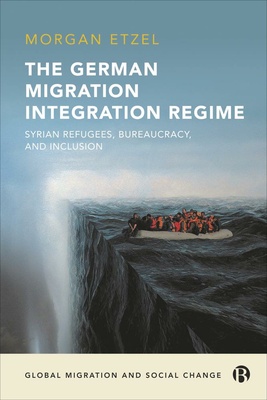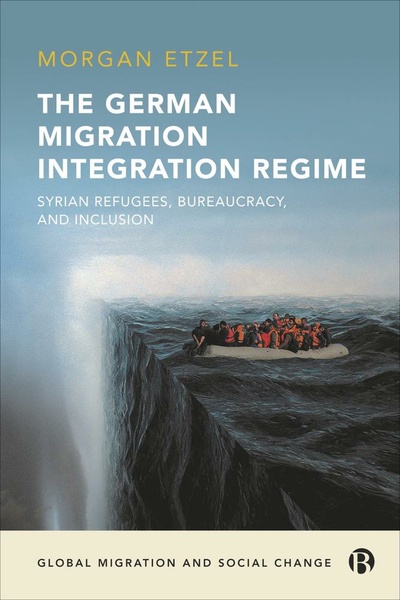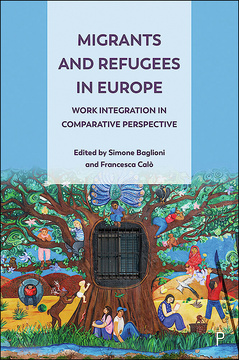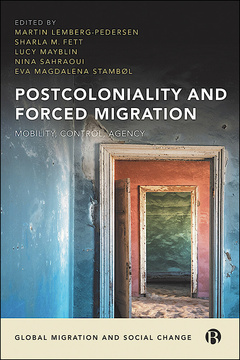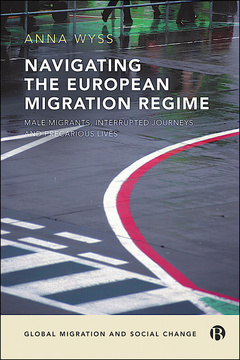ISBN
978-1529231236Dimensions
234 x 156 mmImprint
Bristol University PressISBN
978-1529231274Dimensions
234 x 156 mmImprint
Bristol University PressISBN
978-1529231274Dimensions
234 x 156 mmImprint
Bristol University PressSyrian refugees who gained asylum in Germany following the so-called refugee crisis in 2015 quickly entered into an ‘integration regime’ which produced a binary notion of ‘well integrated’ migrants versus refugees falling short of the narrow social and political definitions of a ‘good’ refugee.
Etzel’s rich ethnographic study shows how refugees navigated this conditional inclusion. While some asylum seekers gained international protection, others were left with limited agency to demand government accountability for the ever-moving target of integration.
Putting a spotlight on the inconsistencies and failings of a universal approach to integration, this is an important contribution to the wider field of migration and anthropology of the state.
Morgan Etzel is Program Officer for Anti-Racism at the Federal Agency for Civic Education in Germany.
Introduction
Part 1: Arrival, Processing, Status
1. The Path to Asylum
2. Asylum Decisions and What Followed Thereafter
Part 2: Integration
3. Young Refugee Men: Saarbrücken
4. Families: Osnabrück and Hameln
Part 3: Stagnation, Independence, Dependence
5. Institutionalized Integration: Munich and Kassel
6. Pathways Forward and Pathways Uncertain
Conclusion







